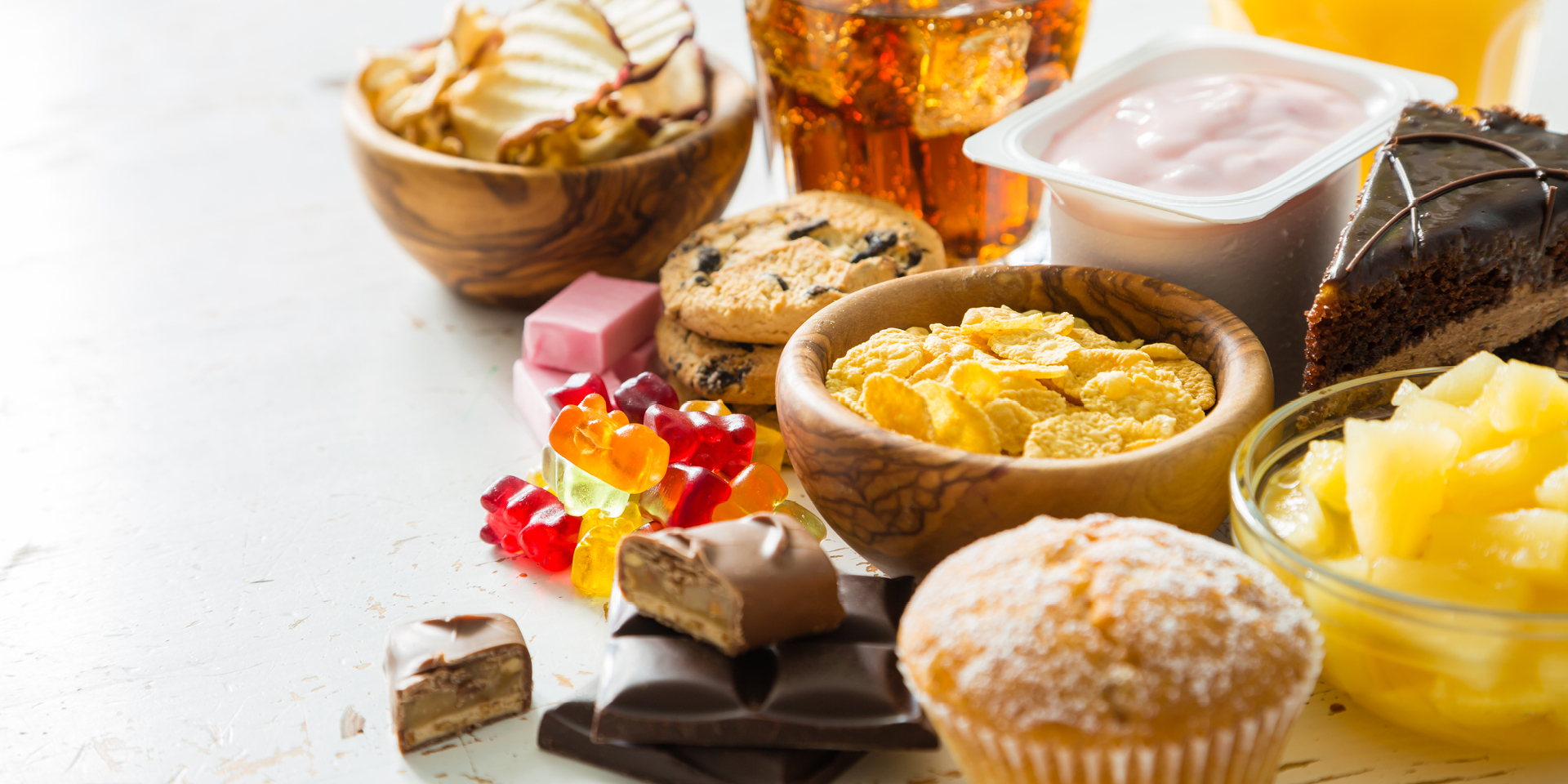On this episode of Health Matters, a Doylestown Health nutrition and diabetes expert shares insights into figuring out how much sugar foods have, ways to cut down on sugar and the risk factors for developing Type 2 diabetes.
"Just about everything we eat has some level of sugar in it," says Pat Trymbiski, DNP, CDE, CB-ADM, Doylestown Health's director of Diabetes and Nutrition Services.
Even foods we might not suspect, like ketchup and salad dressings, contain sugar. And quite a bit. One tablespoon of ketchup has about a teaspoon of sugar in it, notes Pat.
Pat discusses some of these "hidden sugars" during the show. For instance, many low-fat foods contain a lot of sugar, as manufacturers put more sugar in to make the food more palatable when they take the fat out.
Juice has a lot of sugar, albeit naturally occurring. Many of us might not realize a serving size of orange juice is 4 ounces. We usually guzzle about 12 ounces in the morning. Ready-to-eat cereals are another high-sugar culprit. These simple added sugars contain no nutritional value and are essentially empty calories floating in our cereal bowls.
Pat actually gives us a visual lesson on how much sugar Frosted Flakes have when she shows the sugar in a test tube. She compares this with a wheat bagel, which contains a lot of carbohydrates but they're denser than those found in most cereals. Denser carbs like those in whole grains are harder for our body to break down and generally more healthy than simple carbs like added sugar.
Pat suggests taking a careful look at food labels, noting in particular the serving size and how many grams of sugar are in each serving. Four grams of sugar is equivalent to about one teaspoon of sugar. Pat explains why there are no suggested 'limits' on sugar like there are with salt, noting that all health experts advise people to limit sugar intake as much as possible.
Some of the dangers of eating excessive amounts of sugar include weight gain, high blood pressure, high cholesterol and an increased risk of developing Type 2 diabetes. Childhood obesity is a big problem, notes Pat. Many of these bad eating behaviors carry over into adulthood and can cause significant health issues down the road.
People who have a family history of diabetes and are overweight are at increased risk of developing Type 2 diabetes. Pat talks about the symptoms including blurred vision, fatigue and frequent thirst and urination.
This episode of Health Matters looks at fast food and processed foods, and why super-sizing is hurting Americans. The show also tackles food packaging, pointing out that just because a food label touts that food as "healthy" doesn't mean it is. Finally, Pat provides tips for being more mindful when selecting which foods to eat. She also suggests checking out the Calorie King book or app for more nutritional information for specific foods.
About Doylestown Health Nutrition Services
Doylestown Health Nutrition Services offers personalized nutrition plans for those with a current medical condition or those interested in preventive health and weight loss. Doylestown Health Nutrition Services specializes in nutrition therapy for diabetes, weight management, cardiovascular disease, digestive and eating disorders, pregnancy, fibromyalgia and chronic fatigue.
